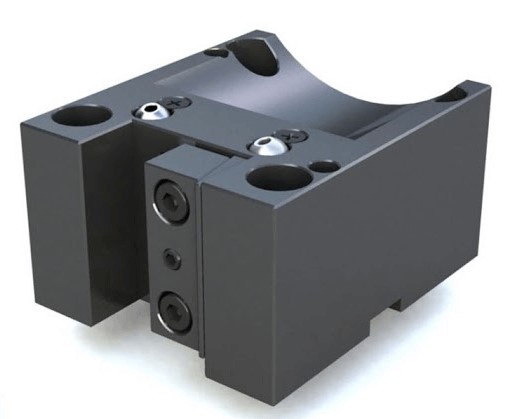CNC aluminum machining is the use of aluminum to make various parts and tools required in various machines and equipment. Aluminum is one of the most commonly used materials in aluminum machining and CNC aluminum.
It has excellent machinability, thus making it’s a popular choice in the manufacturing sector. It also shows superb mechanical and thermal properties. Most manufacturers prefer aluminum alloy to other lightweight metals such as titanium or magnesium alloys.
Aluminum is easy to machine; actually, it can get machined three or more times faster than steel to iron. In simple terms, aluminum is the staple in any leading machine shop. Let’s explore the application of CNC aluminum machining in various sectors.
Automotive sector
The use of CNC aluminum continues to rise in the automotive industry. Aluminum is used in making various parts used in automobiles. Many machining techniques are used by automotive companies to manufacture different parts like door panels, body sheets, windscreens, and other external and internal components.
CNC machines have become popular with automotive companies due to the quick production of highly efficient parts. Aluminum CNC machining is suitable for making various components of a vehicle’s combustion engine. For example, huge aluminum blocks are machined into the engine block. It’s also applied in making lighting components in automobiles.
CNC aluminum is used for engine parts, boat components, and even bike & motorcycle parts. This ensures the parts are accurate, have the desired shape, finish, and standard tolerance.
Electrical industry
Due to its valuable properties, including electrical conductivity, corrosion resistance, strength& durability, extreme flexibility, and lightweight, aluminum is used in the manufacture of many electronic components.
Aluminum does not magnetize and forms alloys with nearly alloy metals it an excellent choice for the production of many electrical parts such as switches, power lines, cables, etc.
Food/Pharmaceutical
Aluminum doesn’t react with most organic substances; this makes CNC aluminum the most preferred technology in making parts used in various equipment and machines in the food and pharmaceutical industry.
Machine parts used in these sectors must meet precise specifications needed in these sectors. This has increased the popularity of CNC aluminum machining all over the globe. Machine parts required in the food and pharmaceutical industry vary in shape, size, and density. CNC machining allows the production of parts that meet the set requirements.
The USDA and FDA are among the regulatory bodies that set conditions for components used in machines in the food and pharmaceutical sectors. CNC aluminum machining is used in making components such as centrifugal pumps. Actuators, metering extruders, depositing rolls, pump boxes, knife shafts, etc.
Cryogenics Machining
Aluminum maintains its mechanical properties at sub-zero temperatures. This makes it the choice metal for cryogenic applications; cryogenic machining involves the use of liquid nitrogen as a machining coolant instead of the typical mist or flood coolants. This technology has gained considerable popularity in high-performance machining.
Aluminum-lithium alloy is the best material for aircraft fuselages because of its corrosion resistance and strength-to-weight ratio. It’s also suitable for aircraft parts, spline shafts, wings, dowel pins, gears, and electronic hardware.
Final Thoughts
As one of the easily machinable metal, aluminum is processed quickly and efficiently via CNC machining. Aluminum CNC machining applies to many sectors, including automotive, aerospace, automation, medical and food industries, to produce different parts required for machines and equipment used in these sectors. Aluminum is used in making sports equipment like sports whistles and baseball bats.

